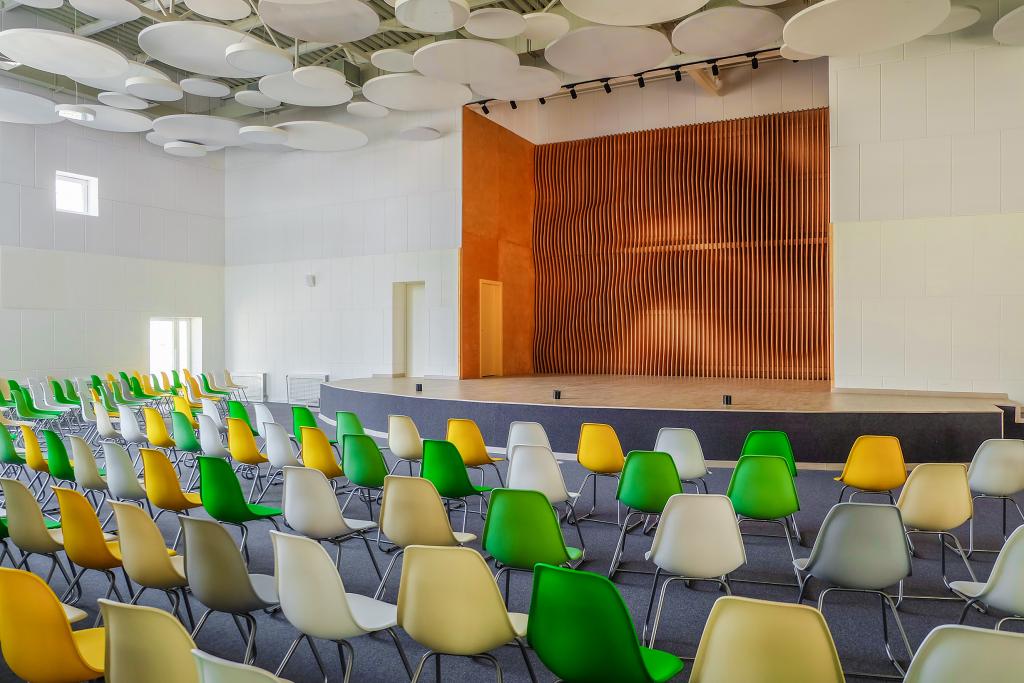
It is appropriate and indeed necessary for there to be parental attendance at child appointments, and in most children’s lives there are a number of appointments which arise relating to the child’s care, educational performance or medical situation. If parental cooperation is difficult, what happens?
Parental attendance at child appointments
There are also a number of other significant activities and events which a child will take part in where a child generally would hope and expect their parent to be in attendance to share the event with them for example, school plays, sports days, etc.
Before touching upon the arrangements for attendance at school and medical appointments etc., I have often been asked how much responsibility falls on a primary care parent to keep the other apprised of events, activities and appointments which might arise at a child’s school.
Responsibility of the primary care parent?
The simple answer to that should be none at all. That is because both parents hold parental responsibility, both parents therefore have an equal right to contact and engage with the school in regard to their child’s education, the facility to check and read the school’s website and most schools these days obviously recognise that a child of separated parents has two parents and are generally willing to ensure that information relating to the child is in fact shared with both parents.
Consequently, there is nothing to stop both parents having equal engagement with the school and securing relevant information directly and independently themselves rather than relying on the other parent to provide that information to them.
Separate and independent meetings
Most schools have a facility to recognise that engagement between parents and teachers is important and will often make facility for a parent to discuss their child’s education separately and independently as and when required.
Similarly, most schools again recognise that parent/teacher evenings can be important and will often assist in ensuring that separate appointments are made if necessary for each parent to attend and to engage with the teacher separately and independently of the other if their relationship means that they do not feel capable of attending jointly.
Parental cooperation
If possible, when events such as sports days or plays etc., come on the horizon, it would be hoped that the parents would be able to cooperate sufficiently to enable them both, if necessary, to attend on the same day but if not, to agree alternate days for attendance if that is feasible.
Unless however there are justifications for securing specific issue or Prohibited Steps Orders which would prevent a parent from attending a specific event and allow the other to do so, there is nothing that would prevent even in circumstances where parents do not particularly get on well both attending the same event if there is only one day available for this purpose, i.e. a sports day.
Parental attendance at medical appointments
The situation in regards to medical appointments (within which I include dental) can be different as unless a child has a specific health issue (see below) with regular and formulated appointments, attendance for medical treatment usually arise unexpectedly and at short notice. Both parents who hold parental responsibility are entitled to know with which GP their children are registered and have equal engagement as necessary with that surgery and secure information about their child’s health needs and treatments.
The nature however of parental responsibility which can be exercised jointly or separately does not require necessarily the joint attendance or joint consent of parents to medical treatment, particularly in emergency. For example, if one parent is in Newcastle and the child falls and breaks their leg in Cornwall, it is highly inappropriate to require the hospital to delay treatment pending the return from Newcastle of the other parent to provide joint consent.
The less extreme the circumstance and the less urgent however, the more vitally joint consent would need to be sought and secured for various forms of medical treatment. i.e. in the event of a child having a hole in the heart with potential surgery as a baby and/or delaying until they are in their childhood with pros and cons to each if the parents cannot agree in this regard, then it may be necessary for the Court to intervene and make an appropriate determination.
Given the restriction on availability of medical treatment, it again, would be highly unusual for a child to have this delay a appointment, consultation or treatment simply to ensure that the child can only attend the same on days and dates when both parents are physically available to do so.
If both parents are unable to attend a medical appointment
In circumstances however where both parents are unable to attend a medical appointment, it is appropriate and imperative that the other parent be provided with as much information about the need for the medical treatment, the treatment provided and the prognosis and impact of the same going forwards.
In circumstances where a child has a significant medical issue which requires regular and consistent treatment and/or appointments which can therefore be known in advance, again, unless there are good, justifiable reasons, it would be appropriate to enable both parents to be able to attend that appointment. That way, there can be no dispute subsequently about what advice and guidance has been provided in terms of provision of care to support and assist that child through their medical situation.
Where disputes arise between parents in regard to, particularly, medical treatment, it may unfortunately fall to the Court doing the best it can to work through the variations and differentials in regard to the options available to the child to make determinations about arrangements deemed to be in the child’s best interest.
If you have asked any questions in relation to parental attendance at child appointments and would now like more information on the different types of proceedings, relating to children, please get in touch and we would be happy to assist you.
**
This article is part of a series on Private Family Law and Children Law proceedings. If you would like to learn more about the rules around parental responsibility, contact, holidays and arrangements for separated parents, please click here for the full series.
The next article in the series will address vaccines and haircuts.
If you would like to discuss the different types of legal proceedings relating to children, please get in touch and we’d be happy to assist you.
